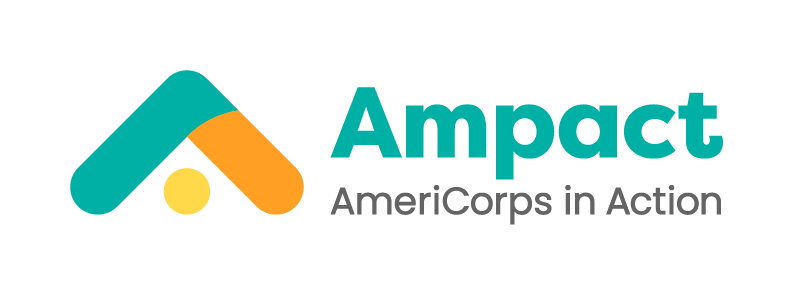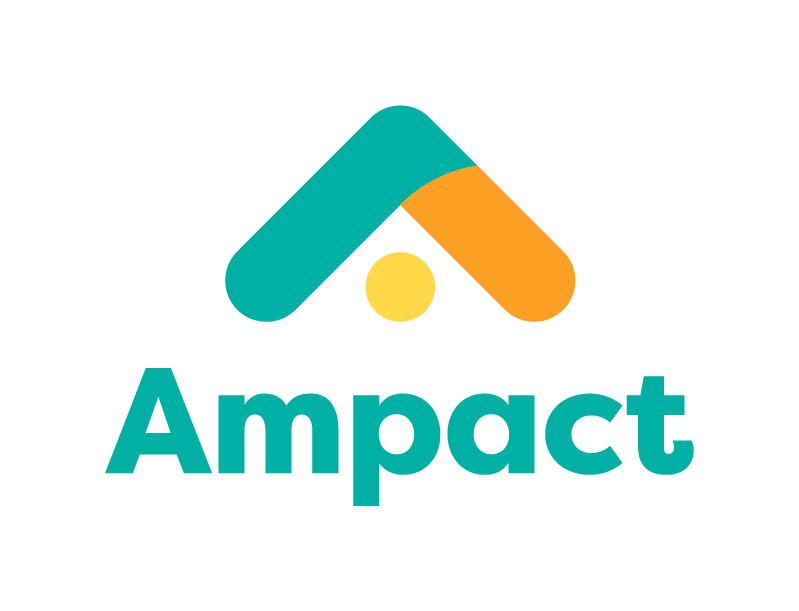Exploring Mental Health in Rural Minnesota
Carli is serving with Public Health Corps in Benson, Minnesota. As a Public Health Project Coordinator, she's helping provide a boost of extra people power to local health organizations and initiatives. Serving in a rural setting has let her make a big impact in a small community, while giving her the opportunity to take her first steps into the world of public health.
Closing the Gaps
Public Health Project Coordinators collaborate with their host organization to create a service plan for the year. Carli’s organization, Countryside Public Health, had many of their older collaborative projects with other health orgs disrupted due to the Covid-19 pandemic. Carli’s focus this year is to work on reestablishing those connections.
“We kind of lost track during Covid,” she says. “Some don't exist anymore, there are a lot of new ones, so I’m working on finding all the coalitions and making a summary of what we're all doing. I get a lot of information on things happening in the community that we wouldn't otherwise know about.”
Somedays, Carli’s outreach efforts take her out of the office and into the communities surrounding her host site. In a rural town like Benson, meeting people face-to-face and making connections can take more time and effort than in cities, but the payoff is worth it.
“You get the social workers, you get the therapists, you get the teachers and school administration, and they know what's needed,” she says. “They see everyone every day, so coming together and talking about what we can do to improve things and how Countryside can work with them has been really good.”
Mental Health
This is Countryside’s second year with Public Health Corps, so Carli was able to hit the ground running and continue advancing the projects they started last year. One of those projects – data collection through key interviews with Countryside staff and other public health leaders – has shed light on what the community needs most.
“Data really shows that mental health is something that needs more time and attention here. The community really wants to learn more about it,” she says.
Suicide prevention has been a major focus for Carli and the team. According to the Centers for Disease Control and Prevention (CDC) and the Center for Rural Policy and Development in Minnesota, rural Minnesotans faces significantly higher rates of suicide than urban areas.
Chart from the Center for Rural Policy and Development in Minnesota, data from the CDC
To help address these concerns, Carli and Countryside Public Health hosted four online trainings for community members. The counties they serve include many farmers and their families, so they found programs and classes that they knew would resonate with that specific audience.
“It was about just keeping that person alive and safe until you can get them to that next step for help and then information on who to call and where to go,” Carli says.
With nearly 100 people attending, the trainings were a huge success. One topic that people connected to was what to do after relevant life events that can lead to increased likelihood of suicidal thoughts, like losing one’s land or severe injury.
“Losing land is a huge stressor, and it's pretty easy to lose a limb when you're working with all this equipment,” Carli explains. “If that happens, how are you going to get the work done? You can't just put it on hold because you have live plants and live animals.”
Supporting a Rural Community
As she plans events and compiles resources, Carli keeps her community and their specific needs in mind. There are many differences when addressing mental health concerns in rural settings compared to urban ones, including shame, difficulty of access, and affordability.
“We went with online classes because there's still a lot of stigma. We thought it could deter people, having to go and see people they know. We kept it anonymous: you didn't have to have your camera on or put your real name,” Carli says. “In-person events make it very hard to reach more of our community because no matter where we put the class, it's about an hour away from every other town. That turns a two-hour class into four hours.”
Carli highlighted other barriers like the limited number of therapists in the area. Not only do those limited options make it harder to get an appointment, but it also increases the likelihood that patients may already have social connections to any potential therapist, which many people find uncomfortable. Cost is also a major concern, as most farmers are self-employed and pay for their own insurance coverage.
Serving with Public Health Corps
Among all the research and projects Carli has completed throughout her service with Public Health Corps, she has found the most meaning in supporting the community and helping to make connections between residents and the support they need.
“You get to know everybody out here, and I really do like that,” she says. “So many people wear so many different hats. You go into a meeting, and you know almost everyone.”
It’s through these connections that Carli gets to see her impact.
“When I go talk to a therapist or to the counselors, hearing them say, ‘Oh, I didn't know about this resource, this would be a really good one to bring back to school administration’ is really nice. I feel like I'm actually making a difference.”
As she wraps up her first year of service, Carli is excited to return to Public Health Corps to serve again next year. She plans on moving locations, this time to an urban area, to see the differences firsthand. She’ll also continue to explore the public health sector and see how she wants to shape her career moving forward.
“I've learned a lot,” she says through a smile. “Something new every day.”
We are so thankful for Carli and can’t wait to see where her service takes her next year! If you are interested in launching a career in public health, we encourage you to learn more about Public Health Corps and apply at ampact.us/public-health!



